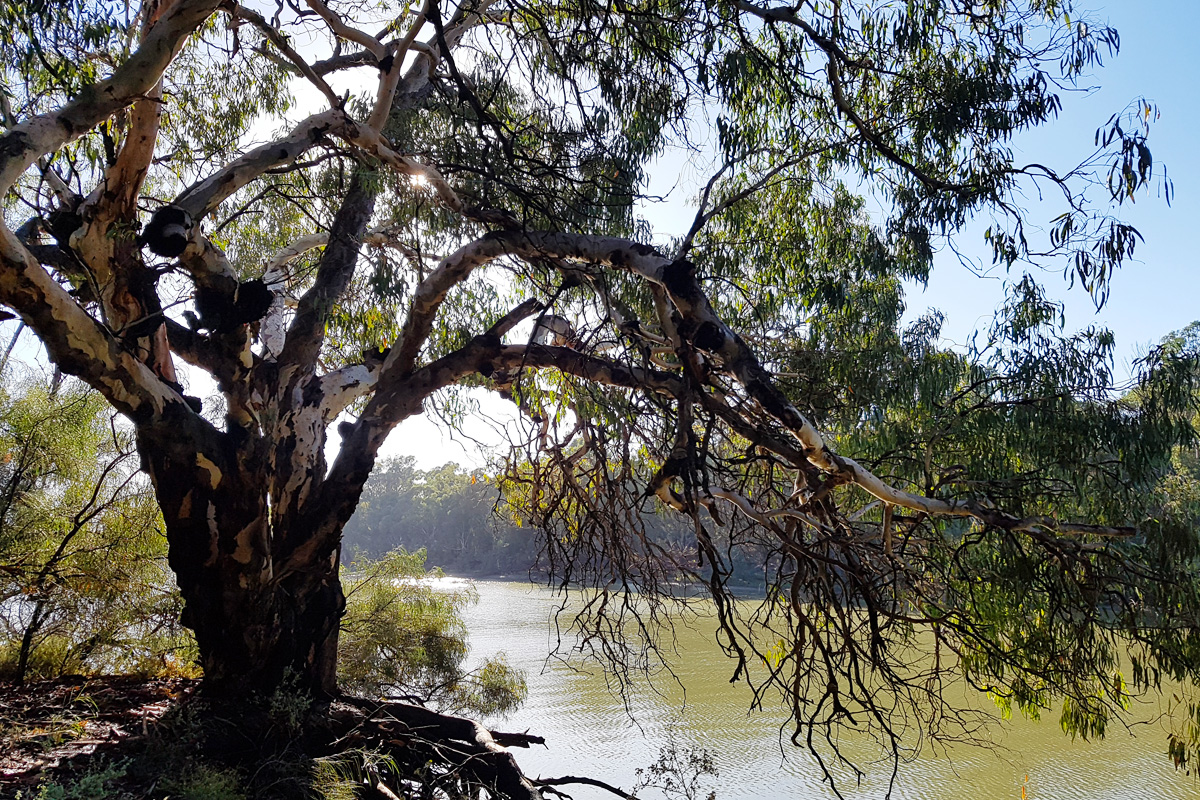An alliance of 46 Sovereign First Nations from across the Murray Darling Basin has proposed a new partnership between government and Traditional Owners as the recently appointed Parliamentary Secretary for Water, Bob Baldwin and incoming Murray Darling Basin Authority (MDBA) Chair Neil Andrew tour the Murrumbidgee this week.
View media coverage of this story: ABC, National Indigenous Times, Koori Mail
The Murray Lower Darling Rivers Indigenous Nations (MLDRIN) Board gathered in Canberra this week and along with the Northern Basin Aboriginal Nations (NBAN) have written to both Mr Baldwin and Mr Andrew to call for a new approach that will secure key water reforms for the Basin’s growing Aboriginal population.
“We are asking Mr Baldwin and Mr Andrew to join with us as partners to actively progress a reform agenda that will secure the rights and interests of Aboriginal people in water,” said Cheryl Buchanan, Chairperson of NBAN.
“So often, the public debate about water management is framed as a contest between irrigators and the environment. Many Australians may not be aware that the Sovereign First Nations are the traditional custodians of the Basin’s water resources. We have rights, recognised at the international and domestic level, to manage and access these resources,” Cheryl Buchanan said.
“The degradation and loss of our rivers, wetlands and groundwater – our cultural landscapes – has been an absolute disaster for us and it is time for a new start. We’re seeking a new opportunity for our nations to manage in partnership with governments and to the benefit of the whole Australian community,” said Darren Perry, Chairperson of MLDRIN.
“We are not trying to take the water away, we are asking for a fair share of the resource that our people nurtured for thousands of years.”
“More than this, we are not just a stakeholder in Basin Water with private interests, we are Sovereign First Nations with a cultural heritage in the water and land, with legal rights and interests and a deep commitment to manage for the benefit of our Peoples as well as the environment and economic well-being of the Australian community,” Darren Perry said.
“Aboriginal populations in the Basin are growing. We have continuing rights and aspirations to access water resources to sustain our cultural identity, care for our ancestral homelands, support community development and build sustainable enterprises. We are ready to collaborate with government to achieve these aims and objectives.”
“As Mr Andrew and Mr Baldwin tour the Basin this week, we are calling on them to join a new partnership with Aboriginal people that will establish a roadmap for the delivery of key reforms, particularly Aboriginal ownership and management of water entitlements. Mr Baldwin and Mr
Andrew are in a powerful position to help build momentum and support reform at the state, Basin and national level,” Cheryl Buchanan said.
Both the recent independent review of the Commonwealth Water Act and the National Water Commission’s 2014 National Reform Assessment report have highlighted the urgent need to address First Nations rights and implement new reforms.
Key among these are measures to ensure that First Nations obtain water entitlements – cultural flows – and are supported to manage water in their own right.
In Queensland, the new Labour government has an opportunity to get engagement with First Nations right including on Water Resource Plans and to properly consider the impacts of Coal Seam Gas and large coal mining bypassed by the Newman government.
“The Basin’s First Nations will be watching closely, and hoping to see a newly invigorated relationship and real progress on these crucial issues,” Cheryl Buchanan said.
Key points:
• with state governments establish an overarching commitment and partnership to achieve key Aboriginal needs against a timeline with milestones and outcomes particularly the delivery of substantive water entitlements • implement key recommendations of the Independent Panel reviewing the Water Act 2007 regarding Aboriginal engagement and establish a transparent engagement strategy • ensure effective implementation of Water Resource Plan requirements by developing strong guidelines and a rigorous accreditation process • work towards the delivery of the full 3200GL of environmental water to maximise opportunities for supporting cultural values with environmental watering • support the capacity of First Nations to own and manage water entitlements.


